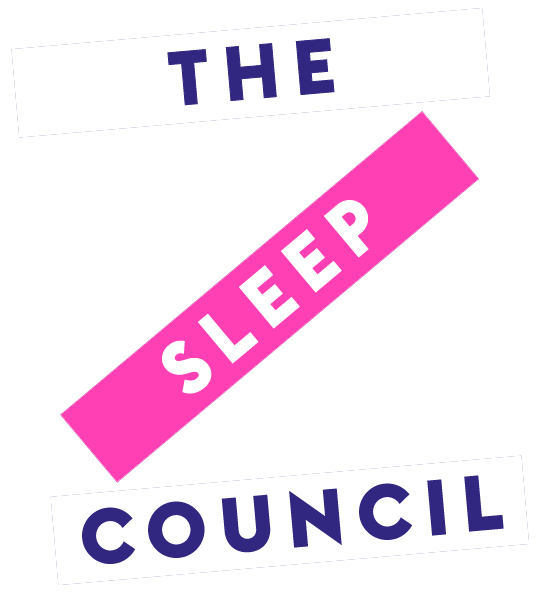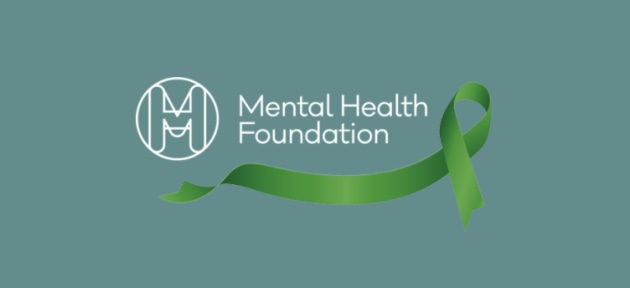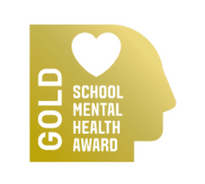Sleep
What is it, why do we do it and how can we become better at it
Support
Apps
https://www.healthline.com/health/healthy-sleep/top-insomnia-iphone-android-apps#sleep-cycle
What is sleep?
Sleep is...
“a reversible behavioural state of perceptual disengagement from, and unresponsiveness to, the environment”
This means that sleep is classed as a behaviour which causes you to be temporarily shut off from the world around you (to a certain extent).
What is our relationship with sleep?
We have 3 main things that we require to stay alive: food, water and sleep. Yet, as a society we have developed such a negative relationship with sleep.
“For centuries, we have regarded sleep as a simple suspension of activity, a passive state of unconsciousness, and for centuries we have been wrong. This failure to understand the active nature of sleep is perhaps one of the reasons why our 24/7 society has developed such little regard for it.”
We live in a culture of the harder we work and the longer we work for, the more successful we are. But the result of this is usually a decrease in the number of hours of sleep that we get. When sleep is so vital to our physical and mental health, we cannot afford to not be getting enough of it.
How does sleep affect our health?
Mental health and physical health are very closely related, and sleep is very closely related to both of those too.
You cannot have good physical or mental health if you have poor sleep.
Mental Health
We know from research that chronically poor sleep in young people often leads to a diagnosis of and experience of anxiety or depression in later years.
We also know that poor sleep appears to inhibit the treatment of a ‘primary’ illness. What this means is that if someone has both poor sleep and, for example, depression or anxiety, the effectiveness of the treatment for depression or anxiety is reduced if the sleep problem is not also addressed.
If we only treat the primary illness and not the poor sleep, there is a very high chance that you will relapse and start experiencing symptoms again. In short, you cannot treat mental health problems if you also have poor sleep.
We also know that poor sleep is a 24-hour problem. What this means is that poor sleep is a problem with sleep and being awake because the effects of not sleeping affects all aspects of our lives.
Physical Health
There are key physiological processes that happen in our bodies only when we sleep.
These include:
-
Repairing minor injuries
-
Removing waste chemicals from your body that have built up during the day
-
Replenishing the neurotransmitters in your brain which are responsible for keeping your brain functioning efficiently
-
Releasing growth hormone to help your body to grow (children) and muscles to grow
If we don't sleep, or if we don't get enough sleep, these processes cannot happen. This is particularly important in relation to the secretion of growth hormone in children and young people.
-
It is understood from research that growth hormone is only released at night while we sleep. Therefore, all of the growing that our brains and bodies do, happens at night.
-
If we aren't allowing ourselves to sleep for the recommended number of hours, it is likely that key physiological processes are not operating in the way that they should.











